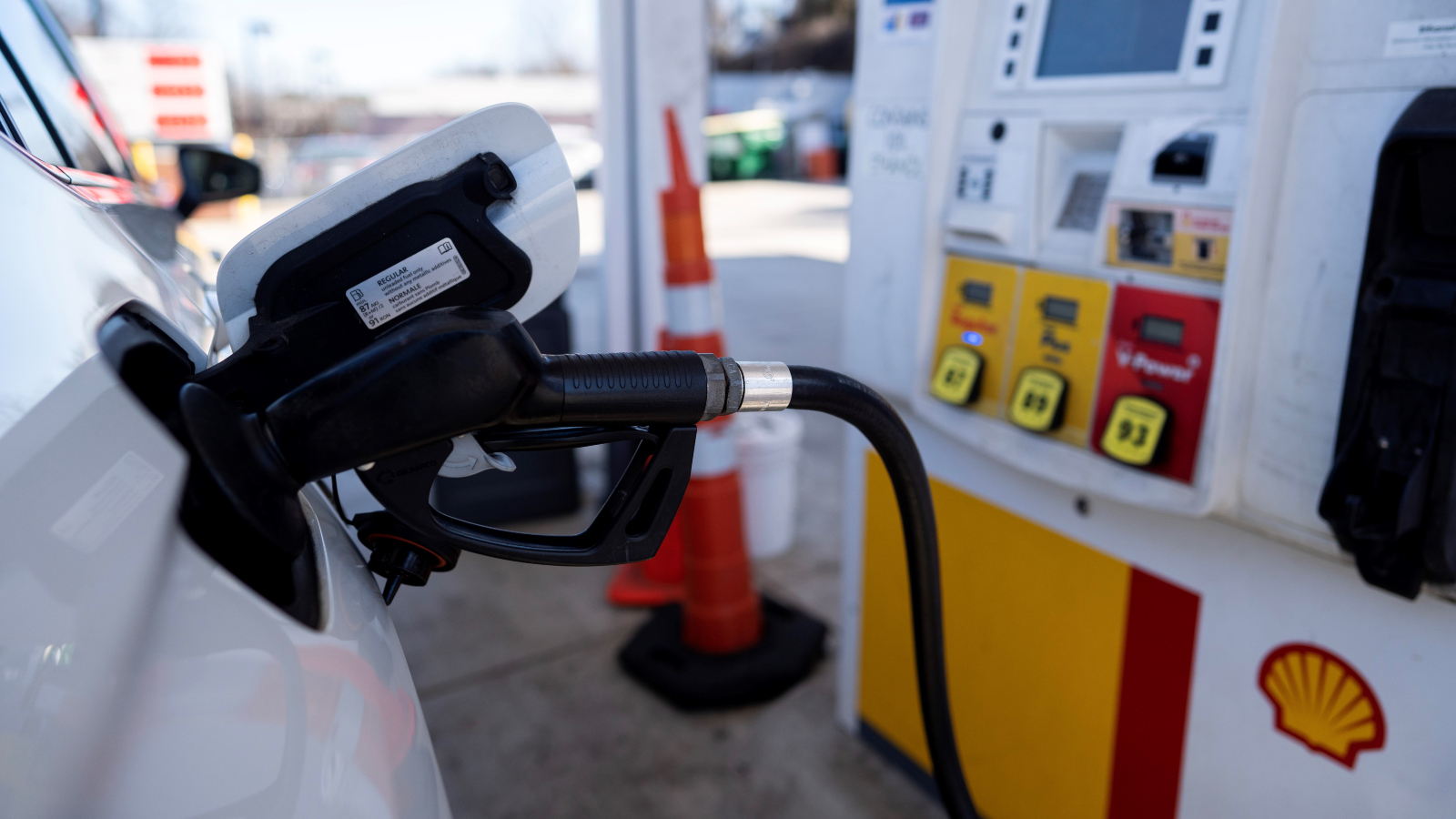Background 1 . Morocco is heavily dependent on imported fossil fuels (coal and petroleum) to meet its commercial needs. The Government of Morocco (GoM) has been evaluating alternative strategies for meeting fuel requirements at least cost and to diversify sources of energy supply. It has recently embarked on various options to decrease the dependence on imported oil. GoM is negotiating the reinforcement of the existing power interconnection with Algeria, and with foreign investors the introduction of independent power production (IPPs). The construction of a new power interconnection with Spain is under way. In addition, GoM is considering importing Algerian natural gas via the Maghreb-Europe Gas Pipeline from Algeria to Spain. The GME, currently under construction, will cross the Moroccan territory, providing the country with gas and the opportunity to develop the use of a cost-effective and cleaner fuel.
2. At the invitation of the GoM, ESMAP conducted several studies from 1992 to 1995 (Gas Development Plan, Energy Restructuring Study and Gas Pricing Study) to assist Morocco, inter alia, to set up the institutional framework for the development of a domestic Gas Distribution Network. The proposed study is the final stage of this ambitious program, as it aims at establishing sound and proper bases for the future Gas Regulatory Agency. 3. The introduction of natural gas in Morocco would help in achieving broader economic goals, including increasing competitiveness of domestic industries, stimulating economic growth and attracting foreign investment. To maximize these benefits several key issues must be addressed. These include institutional decisions on the structure of the gas industry as well as the legal framework and the creation of a regulatory authority to oversee the industry. The GoM would need to develop and continually revise market strategies to attract capital and expertise, most of which is expected to come from the private sector. Companies wishing to get involved in the emerging gas industry will need to know the regulatory environment in which they will operate. The GoM has prepared, with ESMAP and World Bank assistance the draft of a Gas Law establishing the general principles which would govern the gas industry. Objectives 4. The proposed study would assist Morocco in finalizing and implementing the necessary institutional, regulatory, and organizational framework for creating a national gas industry. The gas industry legislation should be enacted prior to the introduction of a major gas industry in the country. Key regulatory staff should be hired and trained to respond to concerns of potential investors. The study would define the role, the responsibilities, objectives, functions, powers, and authorities of the regulatory agency. Scope of Work 5. The description of each task should include the type of data required to be submitted to the regulatory agency, the procedures to be followed and the frequency of reports and inspections. 6. The study would address the following basic questions: . Should there be a single regulator or a commission? Should the regulatory entity have jurisdiction over one sector or several? . What activities or parameters should be regulated? What are the control mechanisms for price and quality? w How are regulatory rules created and enforced? Who regulates the regulator? . How should responsibility be divided between the regulatory entity and other government entities? How is the regulator funded? 7. The study should in particular review the following tasks: w Issuing permits authorizing the construction and operation of pipelines; • Preventing non competitive and discriminatory behavior; w Preventing abuse of monopoly; . Setting the terms and conditions for competitive award of concessions and franchises; w Enacting regulations governing technical standards; . Regulating matters relating to billing, interruption of service, and reconnection to gas supply; . Ensuring that concessionaires and franchisees maintain their systems in good condition; . Authorizing applications for rights of way; . Determining the compensation payable, and settling case of dispute; Obtaining technical information from carriers and distributors and conducting inspection of their facilities; Monitoring and collecting data from companies on performance. Organization and staffing 8. The study will be carried out ESMAP and include Bank staff, consultants and specialists chosen for specific areas of expertise. The project will be carried out in close collaboration with the Regional Department (MNlPI) and will constitute a follow-up to the Gas Development Study and the Gas Pricing Study recently completed. Budget 9. The cost of the project is estimated at US$124,400, as described Annex 1



Morrocco has become pivot country combining cars working with gasoline
ReplyDelete